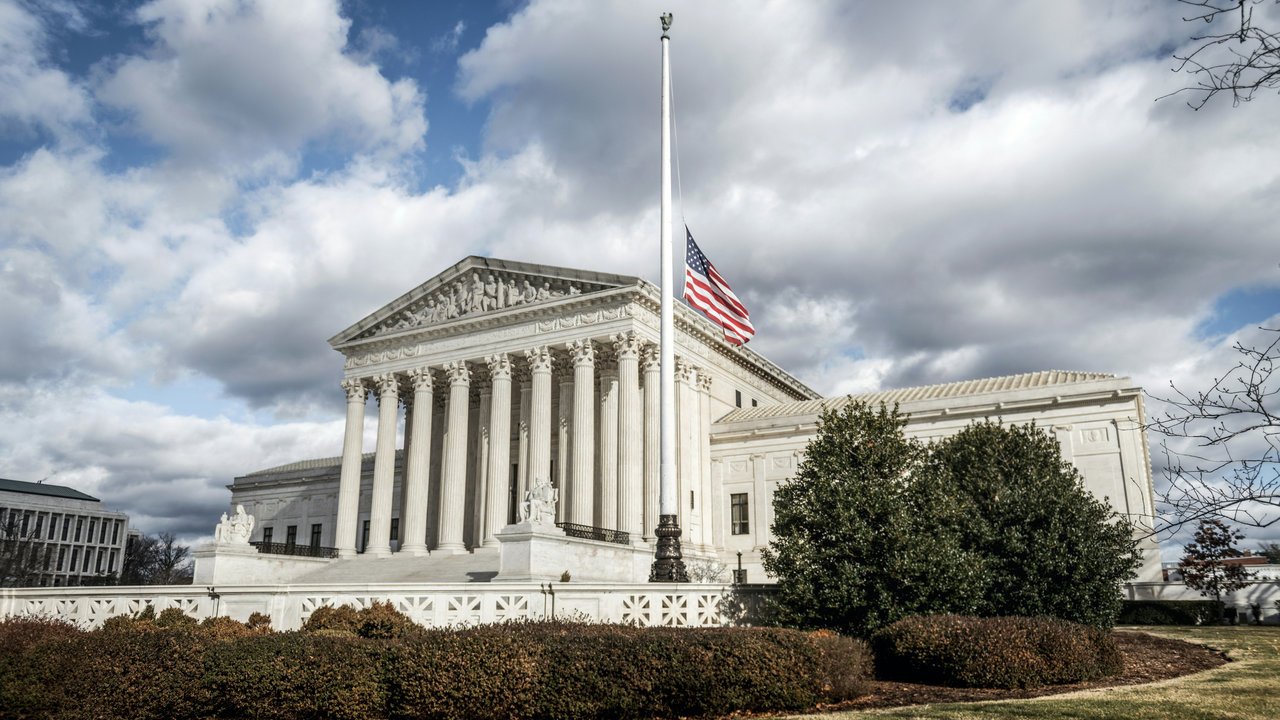
USA birthright citizenship: What’s happening now?
USA birthright citizenship: What’s happening now?
USA birthright citizenship has become a major topic again. President Donald Trump has issued an executive order aiming to limit this right, sparking legal battles and nationwide discussions. This article breaks down the current situation, the history, and how other countries handle birthright citizenship.
What is birthright citizenship?
Birthright citizenship is the legal right to automatically become a citizen of a country just by being born there.
Birthright citizenship in the USA
USA birthright citizenship is based on the 14th Amendment of the Constitution. This means that anyone born on U.S. soil is automatically a citizen, regardless of their parents' immigration status. This principle is known as jus soli, or "right of the soil."

President Trump's executive order, signed on January 20, 2025, seeks to deny automatic citizenship to children born in the U.S. unless at least one parent is a U.S. citizen or lawful permanent resident. This USA birthright citizenship move has led to multiple legal challenges and is currently under review by the Supreme Court.
What countries allow birthright citizenship?
Birthright citizenship is not unique to the United States. Approximately 33 countries, mostly in the Americas, grant automatic citizenship to anyone born within their borders.
In contrast, many countries in Europe, Asia, and Africa follow the principle of jus sanguinis, or "right of blood," where citizenship is determined by the nationality of one's parents. Some countries have mixed systems, combining elements of both principles.
Full list of birthright countries
Region | Countries |
North America | Canada, Mexico, United States (with some restrictions) |
Central America & Caribbean | Antigua and Barbuda, Barbados, Belize, Costa Rica, Cuba, Dominica, El Salvador, Grenada, Guatemala, Honduras, Jamaica, Nicaragua, Panama, Saint Kitts and Nevis, Saint Lucia, Saint Vincent and the Grenadines, Trinidad and Tobago |
South America | Argentina, Bolivia, Brazil, Chile, Ecuador, Guyana, Paraguay, Peru, Uruguay |
Europe | Portugal (with restrictions) |
Africa | Chad, Lesotho, Tanzania |
Asia | Pakistan (with some restrictions) |
Oceania | Fiji, Tuvalu |
What does the constitution say about USA birthright citizenship?
The 14th Amendment to the U.S. Constitution, ratified in 1868, states:
"All persons born or naturalized in the United States, and subject to the jurisdiction thereof, are citizens of the United States and of the State wherein they reside."

This amendment was designed to grant citizenship to former slaves and has been interpreted to mean that nearly everyone born on U.S. soil is a citizen. The landmark 1898 Supreme Court case United States v. Wong Kim Ark affirmed this interpretation, ruling that children born in the U.S. to non-citizen parents are entitled to citizenship.
Rule 23 birthright citizenship
Rule 23 has come up in recent legal debates on USA birthright citizenship, particularly during Supreme Court hearings on President Trump's executive order to end it. Some justices suggested class-action lawsuits under Rule 23 as a better alternative to nationwide injunctions for handling broad legal challenges.
However, Rule 23 doesn’t deal directly with birthright citizenship—it simply sets the rules for class-action lawsuits, which can be used in many legal cases, including those involving constitutional rights.
History of birthright citizenship in the USA
The concept of birthright citizenship in the U.S. has its roots in English common law and was solidified by the 14th Amendment. It was a response to the 1857 Dred Scott v. Sandford decision, which held that African Americans could not be citizens. The 14th Amendment overturned this ruling, ensuring that all persons born in the U.S. are citizens.
Over the years, birthright citizenship has been a subject of debate, especially concerning children born to undocumented immigrants. However, the constitutional guarantee has remained intact until the recent challenges brought forth by the Trump administration.
Ways to get USA birthright citizenship now
Under current U.S. law, birthright citizenship is granted automatically to nearly all children born on U.S. soil, based on the 14th Amendment of the Constitution. This means that:
A child born in any of the 50 states, Washington D.C., or U.S. territories like Puerto Rico or Guam is typically a U.S. citizen at birth.
The child must be “subject to the jurisdiction” of the U.S., which excludes only a few exceptions such as children of foreign diplomats.
Many people enter the U.S. through legitimate travel options like the B1/B2 visa (for business or tourism) or the ESTA program (allowing visa-free travel for short visits from Visa Waiver countries). While these visas are primarily for temporary stays, some travelers give birth during their visit.
If you’re seeking expert guidance on U.S. immigration or citizenship matters, the Global Law team is here to assist. With over 17 years of experience in immigration law, we’re dedicated to supporting you every step of the way.
- Posted on: 16.05.2025
- By: Eray Eliacik
- usa
- news
About the author

Eray Eliacik
Eray is a seasoned writer and passionate traveler who has explored over 20 countries. With firsthand experience navigating visas and international travel, and a proven track record with reputable platforms like Dataconomy and Softonic, Eray now makes it easier for travelers to achieve their travel goals.


